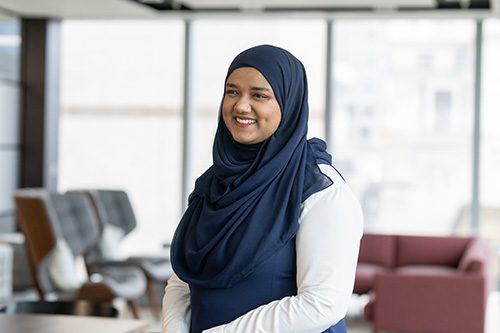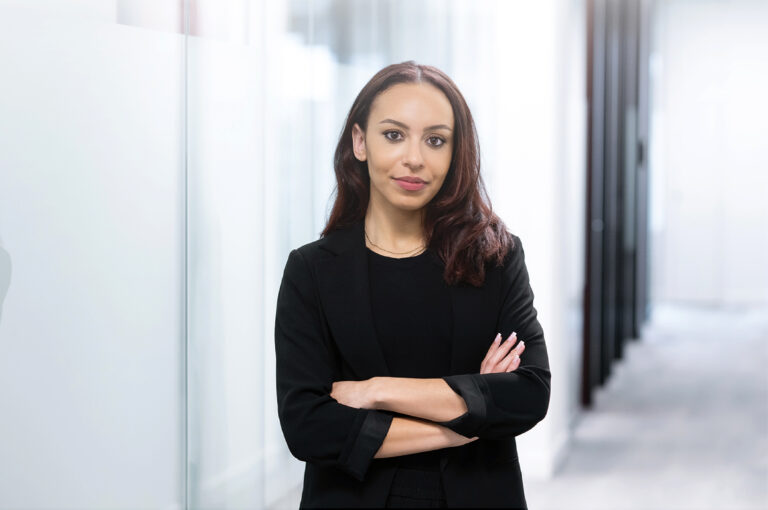A day in the life of a trade mark trainee: Saskia Caseman
As part of our ongoing series covering graduate careers in IP at Boult, current trade mark trainee, Saskia Caseman, lifts the lid on a day in the life of a trade mark trainee at Boult.
“I start my day by checking through my emails, I feel better once I have everything ordered and filed and have a lot of email rules and categories to help with this! Once I have everything organised, I check due-date reports for upcoming deadlines across client portfolios and flag any that
A day in the life of a trade mark trainee: Saskia Caseman
As part of our ongoing series covering graduate careers in IP at Boult, current trade mark trainee, Saskia Caseman, lifts the lid on a day in the life of a trade mark trainee at Boult.
“I start my day by checking through my emails, I feel better once I have everything ordered and filed and have a lot of email rules and categories to help with this! Once I have everything organised, I check due-date reports for upcoming deadlines across client portfolios and flag any that have upcoming actions.
With the groundwork set, I start working on my to-do list. I work on for a variety of different clients, some large and some smaller and the work for them can be very varied. For example, maybe I’m looking at brand protection services for one client, while other clients might have more contentious matters ongoing – which can be much more time consuming, as this can involve assisting with drafting advice and preparing evidence.
Every week I have a catch-up with supervisors which maybe takes an hour to discuss my workload and any priorities for the week. Initially I worked closely with one or two partners in the team, but now I get to ‘float’ a little bit more. My clients can be anything from restaurants to telecoms providers. It definitely keeps things interesting. If we have case sessions scheduled, those might take up the whole day, otherwise there’s likely to be a mix of client meetings and calls to attend. I feel I’ve found my own style with client communications and correspondence that works for both parties.
One skill I have developed in my time with Boult is that of time recording. If you’ve never done it before it can be tricky and mastering it is definitely a skill. Going from an in-house role in my previous employment to literally the other side of the fence with Boult is quite a big change!
I attend Queen Mary University every Friday (with occasional Saturdays) which can be quite full-on but everyone is very supportive. The trade marks team is generally in the office on a Tuesday or Thursday and usually the other trainees from patents are also around too. It’s good to have some peers to have lunch with and bounce questions and ideas off.
If I had to pass on some advice to aspiring trainees, I would recommend doing the vacation scheme. It’s a really helpful insight into the role and the firm. Reading CITMA articles online is also a good idea. They’ll keep you up to date with recent cases and give you some topics to discuss in your interviews. If you’re still working towards university degrees, taking an interest in IP in your studies or dissertation if relevant can definitely also help demonstrate your interest in the industry during the application process.”
Trainee applications at Boult are open until October 2025. For further information about a trainee career at Boult, our vacation scheme is available to students coming to the end of their degrees, held in July, with the application window open until mid-April and our virtual open days are in September.
Next time, we’ll take a look at some of the more esoteric types of IP you might encounter in a career as an attorney…


